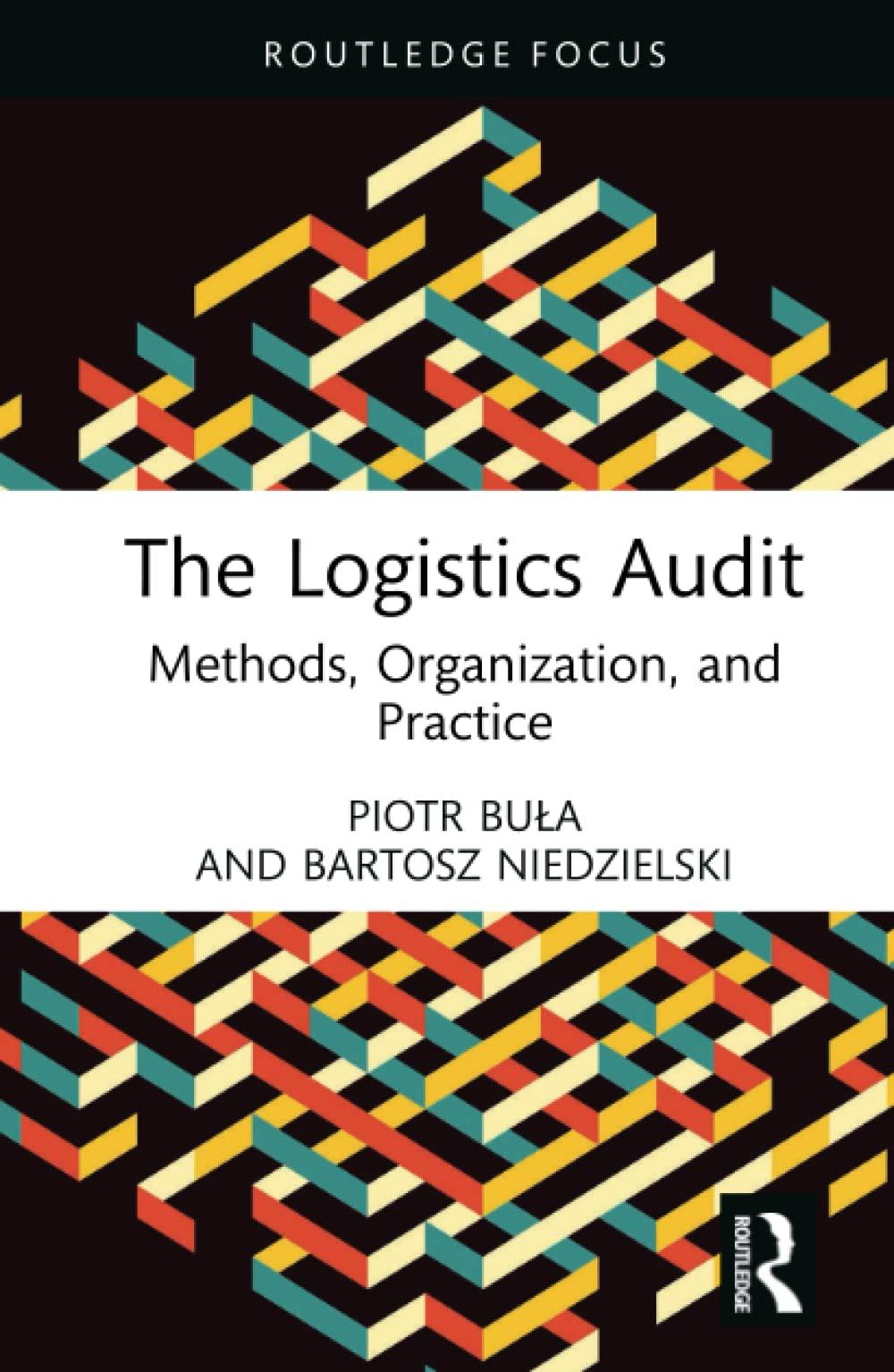Question
An accredited investor purchases more than a $1million in stock of Company X through a private placement based, in part, upon Company X's strong financial
An accredited investor purchases more than a $1million in stock of Company X through a private placement based, in part, upon Company X's strong financial statements. It is later determined that Company X directors intentionally falsified the financial statements relied upon by the accredited investor who suffered a substantial financial loss. The accredited investor brings suit under Section 10(b) of the 1934 Securities Exchange Act against Company X. Is the lawsuit likely to succeed?
Group of answer choices
Yes, the actions of Company X appear to satisfy all of the elements required on a claim of securities fraud which may be brought even if the security is not registered under the 1933 Securities Act.
No, since the securities were purchased through a private placement there was no need to register under the 1933 Securities Act and therefore cannot be any misrepresentation of material fact.
No, the falsification of financial statements does not meet the necessary scienter requirement under Rule 10b-5.
Yes, the securities purchased were required to be registered under the 1933 Securities Act and therefore any material mistatement or omission likely constitutes securities fraud
Step by Step Solution
There are 3 Steps involved in it
Step: 1

Get Instant Access to Expert-Tailored Solutions
See step-by-step solutions with expert insights and AI powered tools for academic success
Step: 2

Step: 3

Ace Your Homework with AI
Get the answers you need in no time with our AI-driven, step-by-step assistance
Get Started


